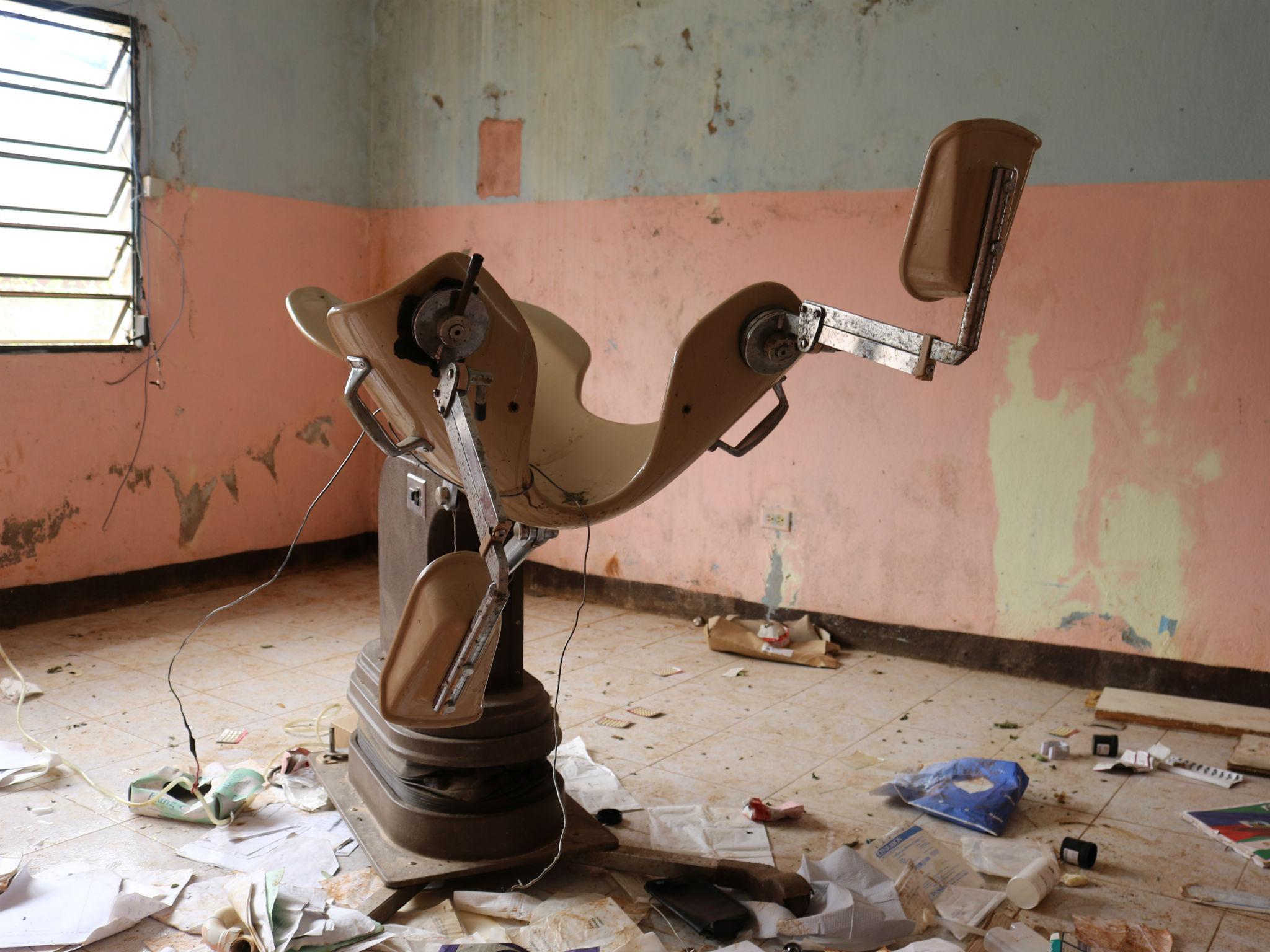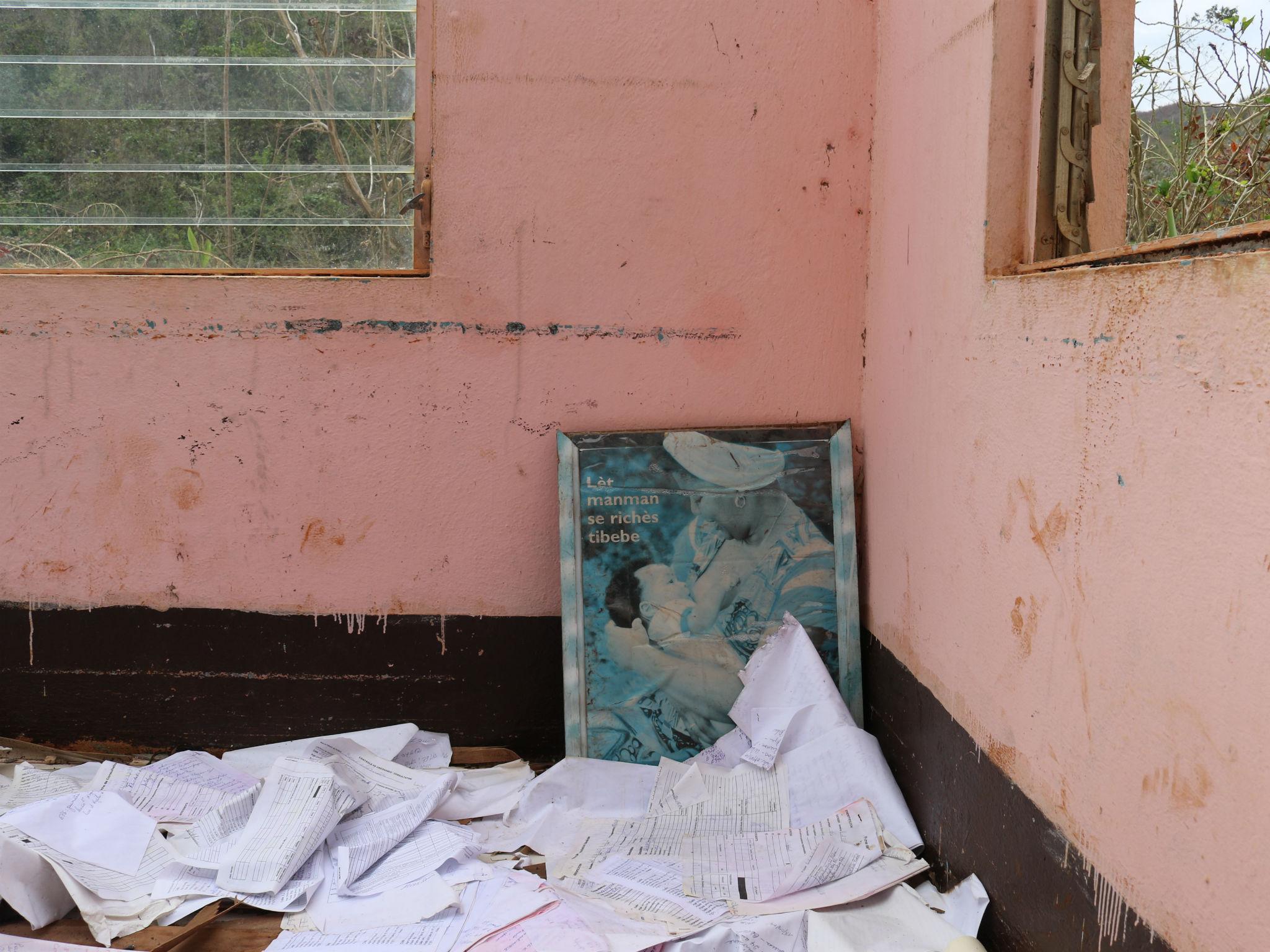Women and girls in Haiti at risk of being beaten, sexually assaulted or dying during childbirth after Hurricane Matthew, says agency
More than 10,000 women in hurricane-struck areas are at risk of experiencing sexual violence, while more than 13,000 women will give birth in these areas over the next three months

Your support helps us to tell the story
From reproductive rights to climate change to Big Tech, The Independent is on the ground when the story is developing. Whether it's investigating the financials of Elon Musk's pro-Trump PAC or producing our latest documentary, 'The A Word', which shines a light on the American women fighting for reproductive rights, we know how important it is to parse out the facts from the messaging.
At such a critical moment in US history, we need reporters on the ground. Your donation allows us to keep sending journalists to speak to both sides of the story.
The Independent is trusted by Americans across the entire political spectrum. And unlike many other quality news outlets, we choose not to lock Americans out of our reporting and analysis with paywalls. We believe quality journalism should be available to everyone, paid for by those who can afford it.
Your support makes all the difference.After more than 1,000 people died one month ago due to Hurricane Matthew, the United Nations appealed for $119 million to provide food, water and shelter to help displaced Haitians cope with the aftermath of one of the worst storms to hit the island in recent history.
Yet only a small percentage of that money - around $300,000 - has been earmarked to help women and girls, who are at serious risk of violence, sexual assault and even death during childbirth, according to the United Nations Population Fund.
"We know what happens when there is a disaster," said UNFPA representative Marielle Sander.
"After the earthquake in Haiti in 2010, the rate of pregnancy tripled straight after, many as a result of violence."
The rate of rapes rose by 20 per cent immediately after the earthquake, the agency found. The figures are not yet available for immediately after Hurricane Matthew.
"There is increased violence when people are displaced, and they are outside the protection of their community and are more vulnerable - even just going to the toilet can be dangerous and women can be subjected to rape," said Ms Sander.
"After decades of studies of war and disaster, it’s known that people seek human contact and if it is not freely given, it is taken."
According to UNFPA figures there are 13,650 women in disaster-struck areas that will give birth in the next three months.

Around 15 per cent of those women will have complications such as emergency cesareans.
Yet there are only 400 midwives in a country that needs 1,500.
"My team in a hurricane-struck area came across a 20-year-old woman who was four months pregnant and who sought shelter in a neighbour’s place and she ended up being raped by him," said Ms Sander.
"She went to another shelter - the woman who helped her had lost her house and had to pay for her to make the trip to Miragoane to get post-rape care and HIV tests.
"There is a sense of solidarity among the women who have suffered."
But solidarity only goes so far in a country where many maternity clinics have been wiped out. The maternity clinic in Jérémie, an isolated coastal town, is luckily still standing as the other hospital buildings were destroyed in the storm.
The UNFPA has mobilised two teams of midwives to travel to rural areas and help women to give birth safely.
They need $4.7 million to cover six months worth of work, or $2.4 million for three months, said Ms Sander.
Whether agencies get the required funding is yet to be seen. As thousands of people in Haiti remain in shelters, Ms Sander said interest and attention in the plight of Haiti is waning after the hurricane, but this is when people need help.
"We need the support of the international community. They must know that women and girls are a priority, and their safety is a priority."
Subscribe to Independent Premium to bookmark this article
Want to bookmark your favourite articles and stories to read or reference later? Start your Independent Premium subscription today.
Join our commenting forum
Join thought-provoking conversations, follow other Independent readers and see their replies
Comments